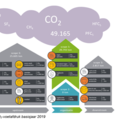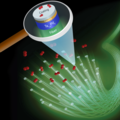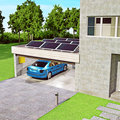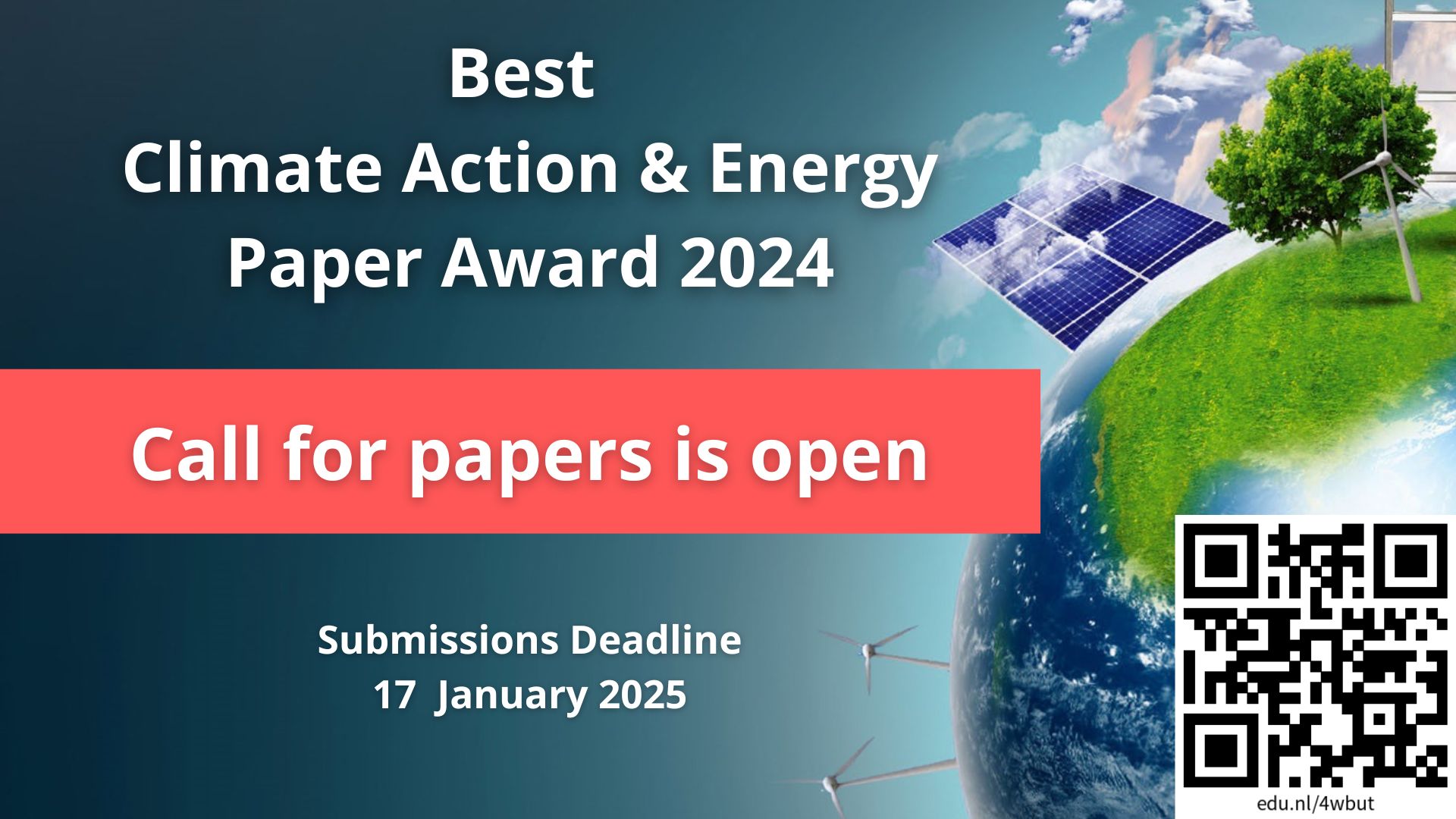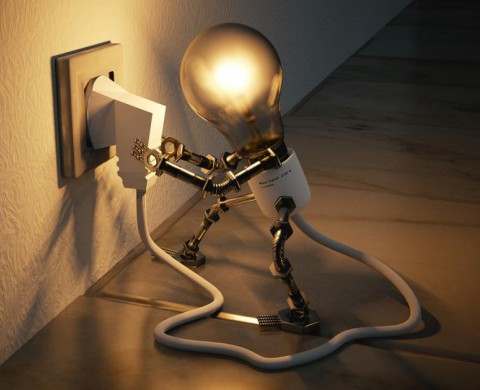News & Events
Click the following webcal to add the feed to your own calendar or copy to subscribe manually.
More about webcal.
October
November
06
Doctoral defence R. ter Hofstede
06
Doctoral defence E.K. Fritz
14
Climate Action Programme lecture "Harnessing the elements for a sustainable future"
14
Citizen Participation in the Energy Transition
15
Port Transition Challenge
22

